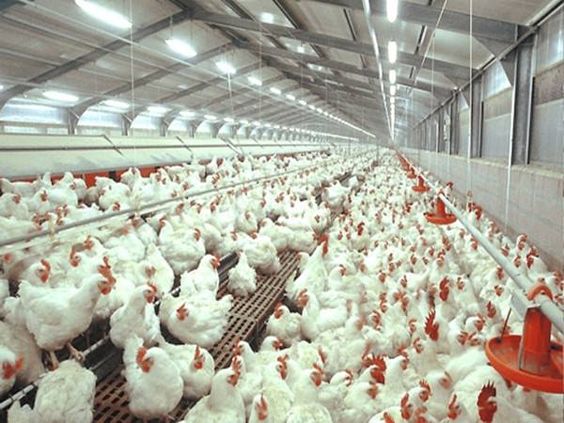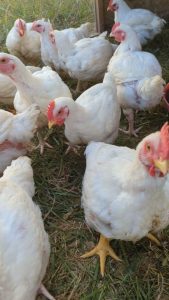In the bustling world of poultry farming, stress management isn’t just a concern for humans—it’s crucial for the well-being and productivity of broiler chickens as well. Broiler chickens, bred specifically for meat production, are highly susceptible to stressors that can impact their growth, health, and overall quality of life. As responsible farmers and caretakers, understanding and addressing these stress factors is paramount to ensuring optimal outcomes in poultry farming.
Understanding Stress in Broiler Chickens
Stress in broiler chickens can arise from various sources, including environmental factors, management practices, and disease. These stressors can manifest in physiological and behavioral changes that affect the birds’ growth and immune system. Some common stressors include environmental conditions like temperature extremes, poor ventilation, overcrowding, and inadequate lighting. Additionally, handling and transport practices, nutritional deficiencies, social stress within the flock, and health issues such as diseases and infections all contribute to the overall stress levels experienced by broiler chickens.
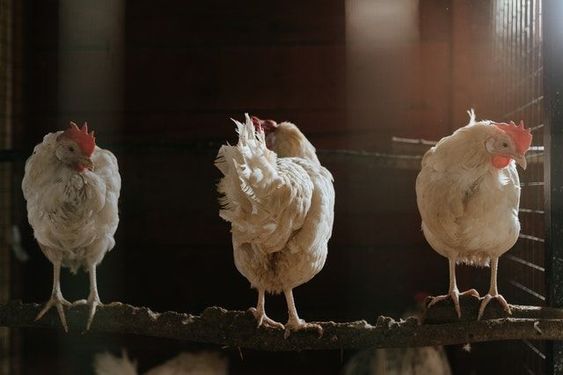
Effective Stress Management Techniques
To mitigate the impact of stress on broiler chickens, farmers can implement several proactive strategies. Firstly, optimizing housing conditions is crucial. This involves ensuring adequate space per bird to minimize crowding, maintaining optimal temperature and humidity levels, and providing proper ventilation and adequate lighting schedules. Effective management of handling and transportation is also essential. Farmers should train personnel to handle birds gently during catching and loading, and use appropriate crates and vehicles designed for poultry transport to minimize stress during transportation to processing facilities.
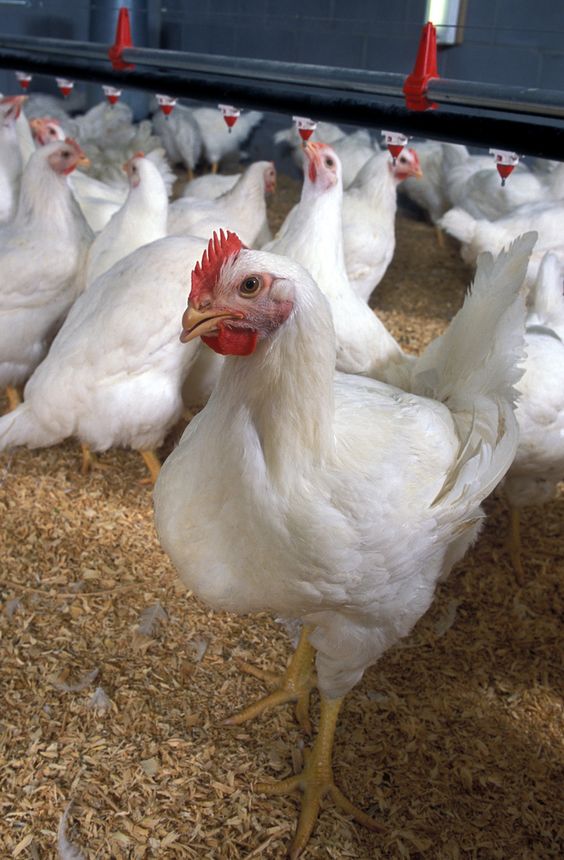
Nutritional management is another key aspect. Providing a balanced and consistent diet formulated specifically for broiler chickens, along with access to clean water at all times, helps to reduce stress and promote healthy growth. Social stress can be managed by monitoring flock behavior and intervening if aggression or overcrowding becomes problematic. This might involve separating aggressive birds or adjusting flock size as necessary to ensure a harmonious environment.
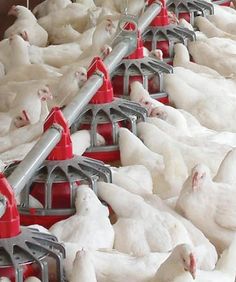
Health monitoring and disease prevention are critical components of stress management in broiler chickens. Implementing a rigorous health monitoring program, vaccinating birds against common diseases and parasites, and practicing strict biosecurity measures all help to prevent diseases that can weaken the birds’ immune systems and increase stress levels.
Routine Observation and Management
Regular observation of birds for signs of stress, such as reduced feed intake, increased vocalization, or abnormal behavior, is essential. Farmers should take prompt action to address any issues identified to maintain the overall well-being of the flock.
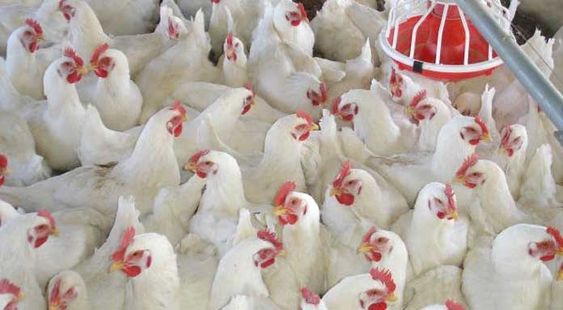
By the way you should Note that our company can help you to start by giving you all the necessary information you need to get started if not yet in the business. Please check our online shop, we have all the standard business proposals for different capacities at very a cheap price made by the best agricultural specialists as well as Standard design plans that are made by the best agricultural architects around the globe. please visit our online shop now using the links below to witness by yourself
Design plans (FARM HOUSE DESIGNS – Kimd Construction & Farm Consultants)
Business plans (BUSINESS PLANS & PROPOSALS – Kimd Construction & Farm Consultants)
Welcome back from visiting our shop, hope you have placed your order for any of our products or you can place it after navigating more of our informative articles.
So let’s continue with our article!
Conclusion
In conclusion, stress management in broiler chickens is vital for maintaining their health, welfare, and productivity. By understanding the various stressors that can affect these birds and implementing effective management techniques, farmers can ensure optimal conditions for growth and meat production. Ultimately, a well-managed and stress-free environment not only benefits the chickens but also contributes to the success and sustainability of poultry farming operations. As caretakers of these animals, it is our responsibility to prioritize their well-being through proactive stress management strategies.
You can also explore more about Keep 100 Goats ,100 ships and 100 bulls .

